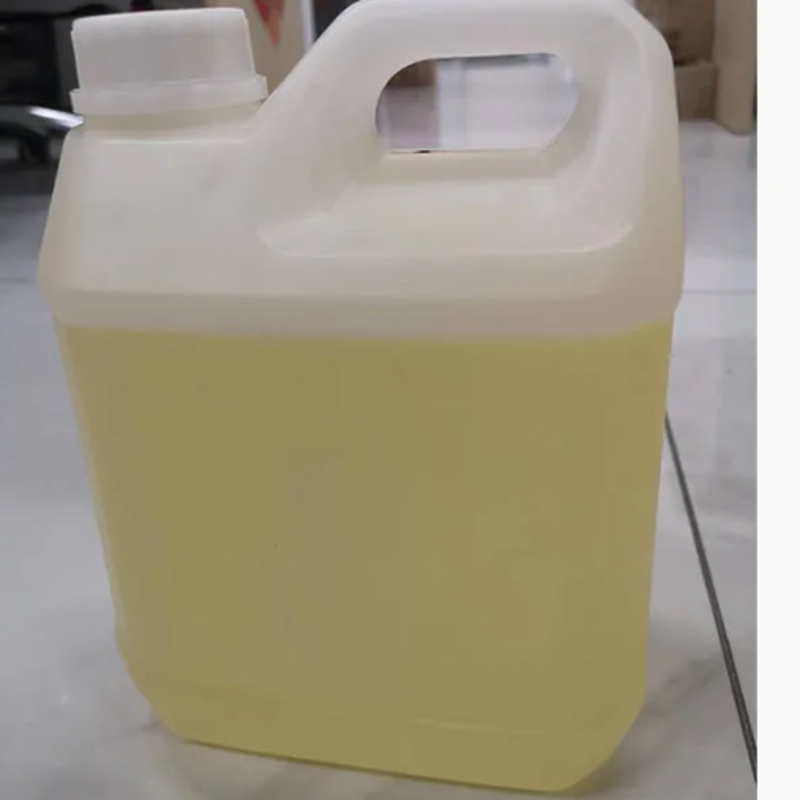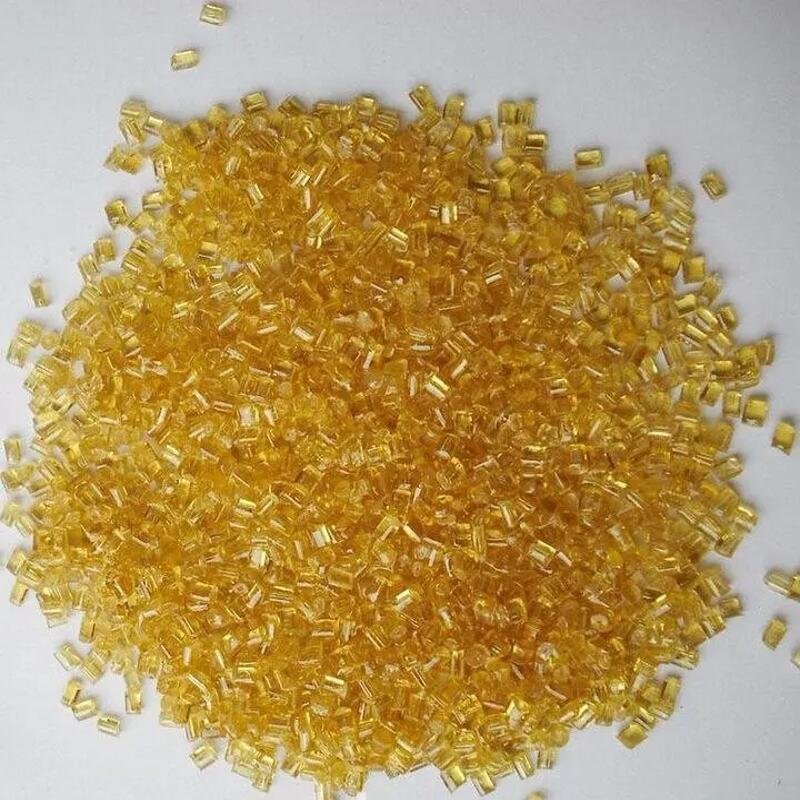-
Categories
-
Pharmaceutical Intermediates
-
Active Pharmaceutical Ingredients
-
Food Additives
- Industrial Coatings
- Agrochemicals
- Dyes and Pigments
- Surfactant
- Flavors and Fragrances
- Chemical Reagents
- Catalyst and Auxiliary
- Natural Products
- Inorganic Chemistry
-
Organic Chemistry
-
Biochemical Engineering
- Analytical Chemistry
-
Cosmetic Ingredient
- Water Treatment Chemical
-
Pharmaceutical Intermediates
Promotion
ECHEMI Mall
Wholesale
Weekly Price
Exhibition
News
-
Trade Service
ExxonMobil, Dow Chemical and Sinopec are among the worst polluters, according to a recent report led by Australia's Minderoo Foundation
.
Research shows that 20 companies created more than half (55%) of the world's single-use plastic waste in 2019, contributing not only to the climate crisis but also to an environmental catastrophe
.
According to the British "Guardian" report on the 18th, the report shows that the 20 companies are both state-owned and multinational.
Among them, the US-based oil and gas giant Exxon Mobil is the world's largest single-use plastic waste producer.
, in that year, he "contributed" 5.
9 million tons by himself
.
Polluted beaches, 20 businesses made more than half (55%) of global single-use plastic waste in 2019
ExxonMobil is the world's largest single-use plastic waste polluter, contributing 5.
9 tonnes to the global mountain of waste, the study claims
.
There is a persistent impression that companies like ExxonMobil simply make oil and gas products, such as vehicle fuels, and various chemicals used in automotive coolants, packaging, agricultural films, building and construction materials, and apparel
.
According to reports, Dow Chemical produced 5.
5 million tons of plastic waste, while China's Sinopec produced 5.
3 million tons of plastic waste
.
In 2019, Australia produced 59kg of single-use plastic waste per capita, ranking first in the world
.
The United States came in second with 53kg
.
By country, Australia is the country with the most single-use plastic waste per capita, followed by the US, South Korea and the UK
.
Single-use plastics are made almost entirely from fossil fuels and are difficult to recycle and break down
.
This plastic waste accumulates in landfills, roadsides and rivers, and a lot of it flows into the ocean
.
The global plastics industry has operated without oversight and transparency for decades, and it is imperative to "strengthen intervention to break the status quo of inaction," the report said
.







